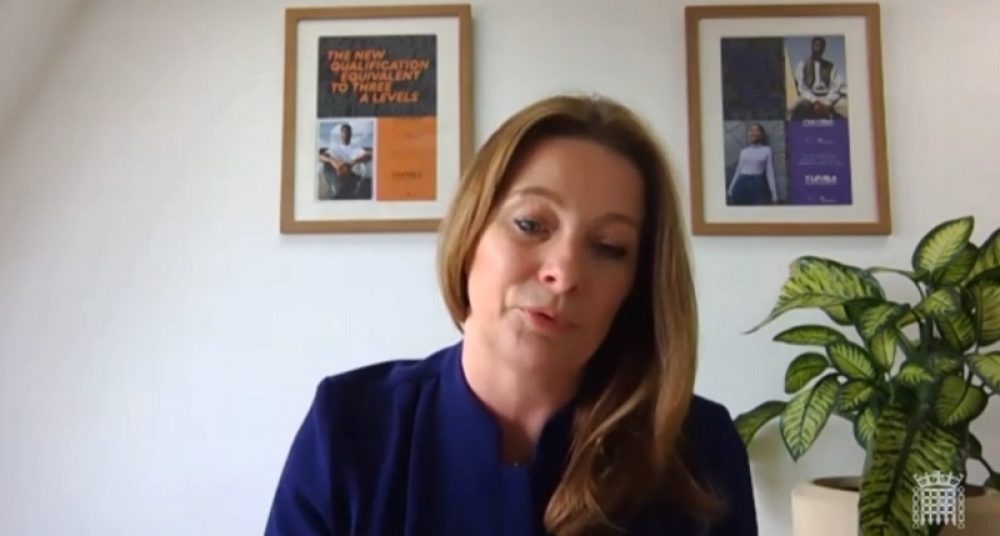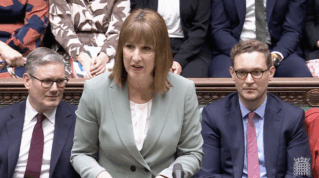Gillian Keegan has rehashed the government’s previous skills investment pledges after FE was ignored in the chancellor’s education funding boost last week.
The education secretary wrote to the whole education sector today and claimed that Jeremy Hunt’s autumn statement “underlined the government’s commitment to education as he seeks to restore stability to the economy”.
Despite the autumn statement not mentioning the word “colleges” once, Keegan said it was “great to hear him [Hunt] acknowledge the massive contribution our heads, teachers and classroom assistants make to our national life and his statement reinforces our mission to drive up standards and give every child or learner an excellent education”.
The autumn statement announced that schools will receive £2 billion in extra funding in each of the next two years, which is the “biggest injection of funding ever”, allows schools to return to at least 2010 levels in real terms, and is “what the sector said it needed”.
The only announcement for FE was the appointment of Sir Michael Barber as a new adviser to the government on skills.
Keegan offered no explanation as to why FE and skills received no additional funding like schools.
Instead, she reminded the sector today: “We are already investing an additional £3.8 billion in skills in England over this Parliament, including high-quality technical education for 16 to 19-year-olds and boosting opportunities for adults to upskill.”
She added that the nation currently has 1,255,000 vacancies, so “we need to upskill, train and retrain to ensure business needs are met and more people realise their potential”, adding that reforms including T Levels, higher technical qualifications, skills bootcamps and degree apprenticeships are all being rolled out to this effect.
Keegan said the lifelong loan entitlement, set to be introduced from 2025, will also “mark a profound shift in the way students of all ages can obtain funding for further and higher education”.
She concluded: “I would like to echo the chancellor’s comments and thank all of you, across the education sectors, for your tremendous efforts. His comments underline our belief that education is an engine of growth and social change.”

















Keegan said the lifelong loan entitlement, set to be introduced from 2025, will also “mark a profound shift in the way students of all ages can obtain funding for further and higher education”.
The profound shift being a massive transference of public expenditure to private personal debt.
Treasury (which ever party is in) loves loans as it futurises expenditure and offers a device to manipulate the economic narrative. You can bundle up the ‘good’ debt and sell it off to financial institutions at an opportune time. The ‘bad’ debt can be kicked down the road for the future to inherit. (privatise the profits, socialise the losses)
Bottom line is that the affluent will not need to take loans to reskill, avoiding the interest charges and putting them at a numerical advantage to those taking loans. This is bad news for wealth inequality, social mobility and community cohesion.
I agree that it is profound.